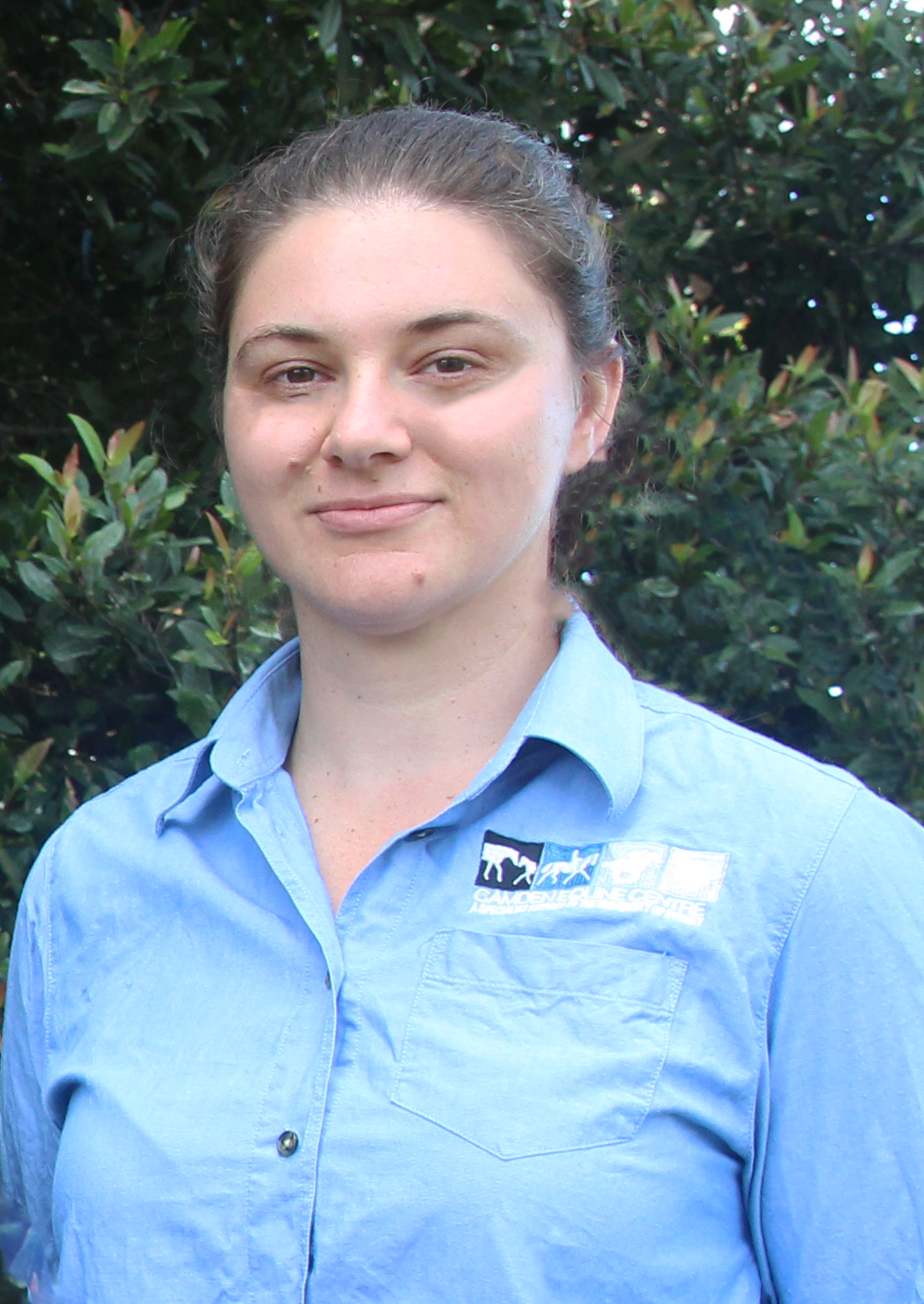
DR SARA BIASUTTI
BVSc (hons I) PhD MVetStud (Equine Surgery) DACVS-LA MANZCVS
Head of Camden Equine Centre
Senior Lecturer Equine Practice
Sara graduated from Sydney University in 2007 and worked in regional mixed practice in Central West NSW until 2012, when she returned to the University to complete an internship in equine medicine and surgery. Following her internship, she then accepted a residency in equine surgery and obtained a masters degree in equine surgery in 2015 and completed her residency in 2016. In 2018 she completed her doctoral thesis by research, investigating the healing of tendon and cartilage and possible cartilage resurfacing techniques in large animals. In 2019 she became board certified in large animal surgery and in 2020 she became a registered equine specialist in equine surgery.
We asked Sara a few questions about how and why she became a Vet:
What made you become a vet and an equine vet in particular? I grew up with horses and cattle so being a vet, in general, was a logical career path. After working in general mixed practice for 4 years I decided to become equine focused as I enjoyed the work. After a 1 year internship here at Camden, I decided I wanted to stay in solely equine practice and so took up a specialist training program in equine surgery.
What is the most interesting or challenging case you’ve worked on?
Any equine emergency is interesting but colic surgeries and foaling emergencies are often the most challenging. Every case is different and presents its own difficulties but it is always really rewarding to see patients recover and return to work after major surgery or intensive care in hospital.
Why do you think equine preventative health care is important? Preventative health care is as important in horses as it is in humans or our smaller pets. Horses can live to advanced ages and often develop conditions that have a negative impact on their health. An annual vet check can identify problems early, which is essential for the management of some health conditions. Appropriate vaccination and worming ensure that our horses are protected from important life-threatening diseases such as tetanus or Hendra virus, as well as common parasites which can cause weight loss and severe intestinal abnormalities. Regular dental checks are also invaluable for maintaining a healthy, pain-free mouth which is so important to their general wellbeing. Overall, planning a regular preventative health care regime for your horse optimizes their welfare and can prevent more serious health concerns from occurring later in life.
Outside of work, Sara enjoys non-competitive dressage, AFL football, and tracking down the perfect cocktail